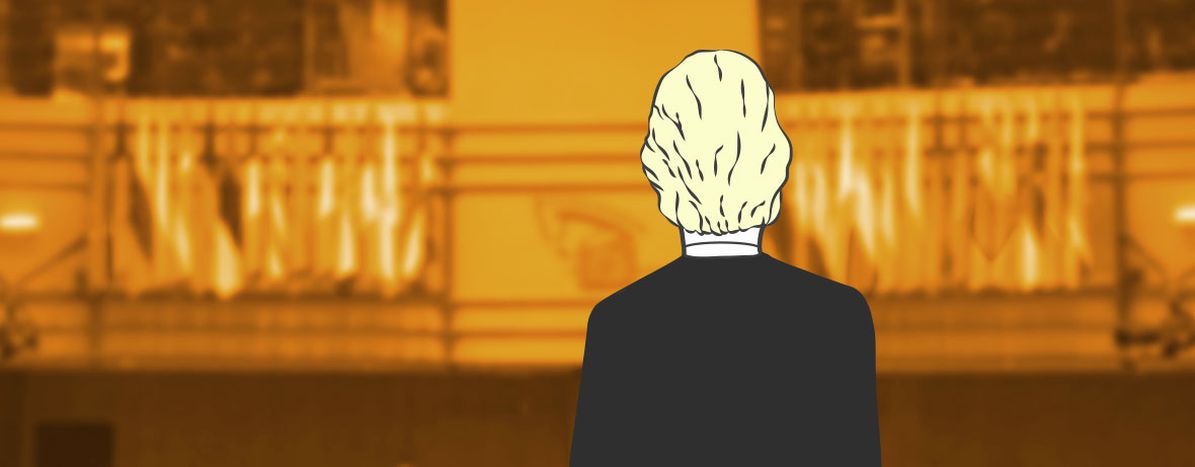
Dutch elections: The rift at the heart of Europe
Published on
Translation by:
Phil W. BaylesToday the Dutch people will vote for their new leaders. Both the campaign and its outcome will have important consequences at both the national and European level; creating divisions and elicitng a huge political shake-up. [OPINION]
The history of the Netherlands is built on divisions. Its society has been built on contrasting pillars; be they Protestant, Catholic, or liberal. But today, these pillars which have held up the Dutch people for years don't feel quite so solid: the country is largely secular, and the country has seen the arrival of a foreign population that (in the eyes of many) has failed to properly integrate.
These divisions are echoed in Hollands political parties: there are no less than 28 parties battling it out in the parliamentary elections. They include one defending animals, and another defending over-50s. And this political dissolution has brought about another phenomenon, seen in several countries across Europe: the weakening of traditional parties. Like the ruling People's Party for Freedom and Democracy (VVD), whose dwindling power has kickstarted huge shifts in the Dutch political landscape.
The other big shift in the Netherlands - as in the rest of Europe - is the rise of extreme, populist parties; incarnated here by Geert Wilders. The leader of the Party for Freedom (PVV) has carried his party to second place in the polls almost single-handedly. His rhetoric, equal parts nationalist, xenophobic and Eurosceptic, has landed him in hot water with Dutch judges; notably for his comments against Moroccan nationals living in Holland.
But these elections are being played out not just on a national level but a continental one, a symptom of a much larger division. The redefinition of the political spectrum has brought to light a clear rift among the Dutch electorat; between Wilders' PVV, which promises to try and leave the European Union - a 'Nexit', if you will - and fiercely pro-EU parties like the green party GroenLinks or the more centrist Liberals. The Netherlands is splitting in two - one half determined to save itself from drowing in European bureaucracy, the other half wanting to open itself to the rest of the world.
The rise of the extreme right in Holland can't be explained by economic factors. The Netherlands was hit hard by the 2008 economic crisis, but recovered faster and stronger than most - now it boasts an unemployment rate of less than 6% and and almost 2% growth. What's happening is a profound interrogation of Dutch identity and culture, particularly regarding the country's place in Europe. But while these questions are being posed out loud today, they've been on people's minds for several years. We mustn't forget that the Netherlands refused to ratify a treaty on a European constitution in 2005, as well as an agreement on trade with Ukraine.
Today, as well as choosing their new members of Parliament, the Dutch people must decide what future they want for Europe: stick to the status quo that they've known for decades, or go with Geert Wilders and reject the established order entirely.
Translated from Pays-Bas : la division au coeur de l'Europe



